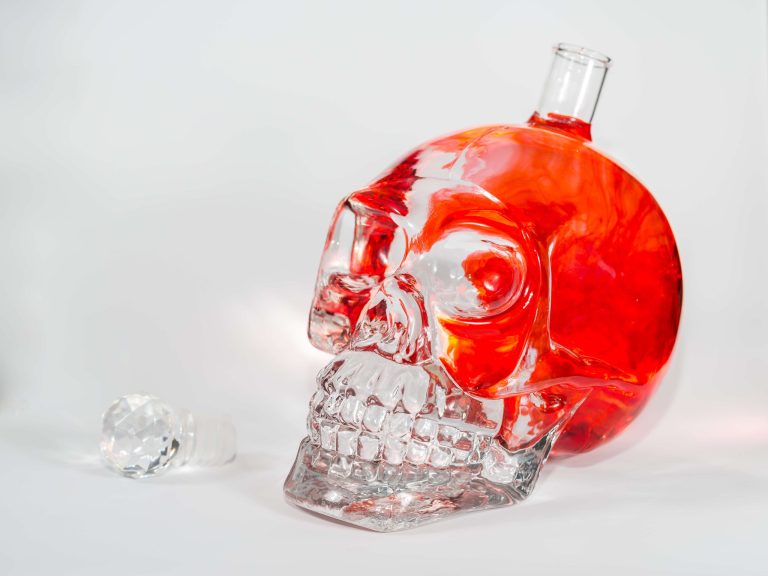Through the lens of TTM and MI, the recovery process emerges as a dynamic and fluid evolution. These models recognize the cyclical nature https://newshead.ru/rossiyane-priznalis-chto-lechat-koronavirus-opasnymi-metodami/ of change, emphasizing the potential for relapses and reinforcing the importance of ongoing support. As individuals traverse the stages – pre-contemplation, contemplation, preparation, action, maintenance, and termination – the integration of motivational interviewing ensures a tailored and responsive approach. Ultimately, embracing the nuances of each individual’s journey, TTM and MI provide a comprehensive framework for clinicians and individuals alike to navigate the intricate terrain of addiction recovery.
- Another vital element of care during recovery is relapse prevention—learning specific strategies for dealing with cravings, stress, setbacks, difficult situations, and other predictable challenges.
- ‘Private’ rehab simply means that you are looking to pay the costs of treatment yourself or via private healthcare insurance, at an independent addiction treatment provider.
- People who experienced stress and trauma, such as child abuse, early in life are more likely to become addicted to drugs.
- Although addiction tends to cut people off from longtime friends, social support is a significant predictor of recovery.
- 50.2 million American adults considered themselves to be in recovery from their substance use and/or mental health problems.
- 2 in 3 adults who ever had a mental health problem considered themselves to be recovering or in recovery.
Setting Healthy Boundaries in Relationships

Many types of recovery support are available, and many people make use of more than one type at any time and may shift from one type of support to another as https://urs-ufa.ru/en/reinforced-concrete-rings-for-a-well-basic-requirements-for-the-production-process.html recovery proceeds and needs evolve. An increasing number of high schools and colleges offer addiction recovery resources (CRPS, or Collegiate Recovery Programs) for students, including mentors, workshops, dedicated lounges, and group meetings and activities. There are some friends who are better left behind—those who are linked to the addictive experience. People in the throes of addiction are not capable of the best form of friendship.
- Recovery from drug addiction is a long-term process, with notable trends and challenges observed over the past decade.
- Try taking a class, joining a church or a civic group, volunteering, or attending events in your community.
- Dr. DiClemente views motivation as a series of tasks, each integral to the process of change.
- So, in short, addiction recovery is very much about having choice and agency in one’s behaviors and actions while simultaneously acknowledging that one’s past self (the one drowning in the addiction) had no “power” over it.
- We do not recommend that you seek treatment until you are ready to do so.
- By adopting harm reduction strategies, individuals gain the tools to make healthier choices, manage risks, and gradually work towards minimizing the impact of substance use on their lives.
Innovative projects answer NIDA’s challenge to implement substance use prevention in primary care
Research has identified relapse patterns in adolescents and adults recovering from addiction. In one study, two-thirds of the adults relapsed in http://sohmet.ru/books/item/f00/s00/z0000043/st059.shtml social situations in which they experienced urges and temptations to drink or use. One third experienced relapses when they were experiencing negative emotions and urges to drink/use.
Other NIDA Sites

One widely used model can be summed up in the acronym CHIME, identifying the key ingredients of recovery. Support from friends and family can help someone overcome drug addiction. While you can’t stop a person’s addiction, you can tell them you’re concerned, help them find resources and treatment options, and reinforce their goals. Men may benefit from therapies that focus on anger management, emotional regulation, and building social support. Group therapy, which allows men to bond with others facing similar struggles, can help foster accountability and long-term sobriety.

How to Find a Recovery Center
The uncertainty of a person’s behavior tests family bonds, creates considerable shame, and give rise to great amounts of anxiety. Because families are interactive systems, everyone is affected, usually in ways they are not even aware of. When a person goes into treatment, it isn’t just a case of fixing the problem person. The change destabilizes the adaptation the family has made—and while the person in recovery is learning to do things differently, so must the rest of the family learn to do things differently.
- In addition, immediately attending or resuming group meetings and discussing the relapse can yield much advice on how to continue recovery without succumbing to the counterproductive feeling of shame or self-pity.
- People with a prescription drug addiction often say stress was a reason they began misusing pain pills.
